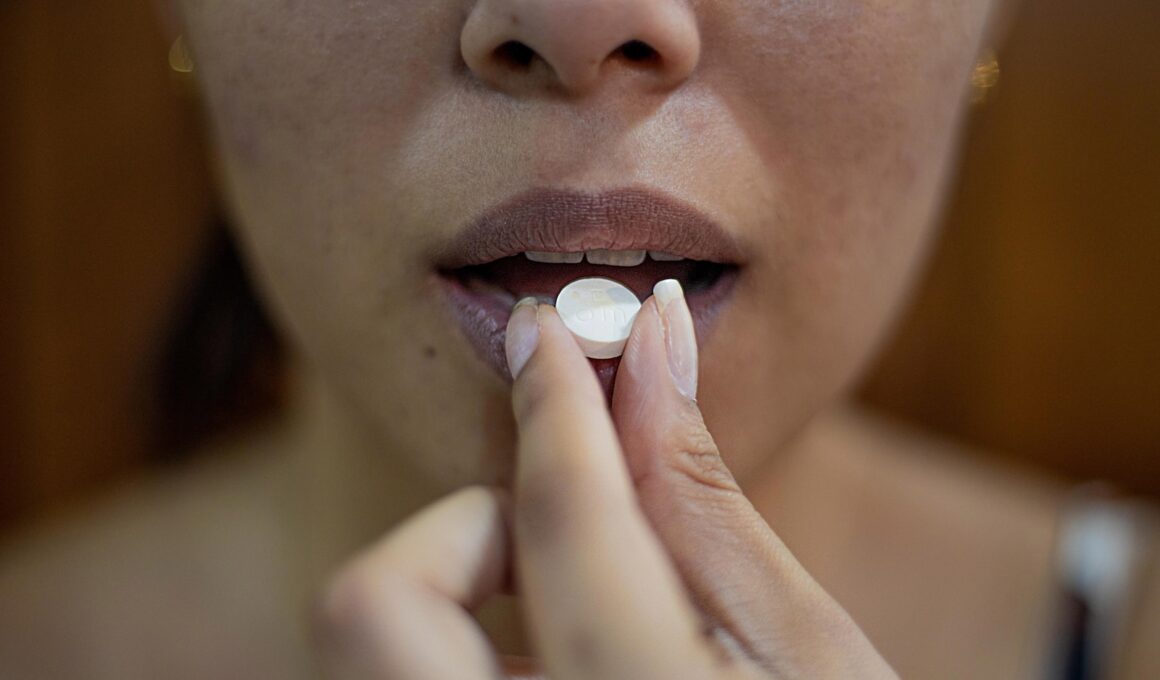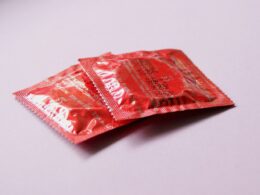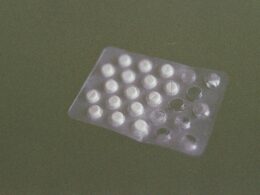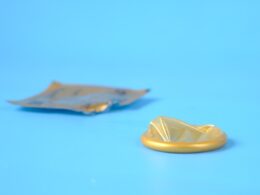The Pill is a lifesaver for preventing pregnancy, regulating erratic menstrual cycles, and reducing cramps. But it also sucks the nutrients out of your body, leaving you tired and deficient in essential vitamins and minerals.
Heavy alcohol intake may also increase your risk of a blood clot in the lungs or legs, which can be fatal to an unborn fetus. So drink in moderation, and always use a backup method of birth control during sex.
1. Alcohol
Depending on how much you drink and the type of birth control you use, alcohol can impact its efficacy. For instance, if you’re taking a combination pill or progestogen-only pill, drinking too much can make you sick within a few hours of taking it, which can cause the hormones to be absorbed into your body before they work to prevent ovulation and fertilization. If this happens, treat it as a missed pill, and take the next one at its normal time.
But even if you don’t take a combined or progestogen-only pill, too many drinks can affect how well your birth control works. “It’s a good idea to avoid alcohol while on hormonal birth control because it can impair your judgment, which could lead you to forget to take your pill at its scheduled time or get drunk and engage in unprotected sex,” Dr. Kameelah Phillips, a New York-based ob-gyn and founder of Calla Women’s Health, tells POPSUGAR.
Plus, if you’re going to be drinking while on oral contraceptives, it may help to switch to a long-term birth control method like an IUD or implant, which lasts for years and doesn’t require daily reminders (like the pill). Of course, no matter what kind of birth control you choose, always remember to carry backup protection with you when you’re out, including condoms.
2. Grapefruit
Popping the pill prevents pregnancy, regulates erratic menstrual cycles and reduces cramps—yay modern medicine. But it also kind of sucks nutrients out of the body, setting you up for fatigue and headaches. The right diet, however, can mitigate these side effects.
If you take combination oral contraceptives (the type most women use), you shouldn’t eat grapefruit or drink its juice while on the Pill because furanocoumarins found in the fruit inhibit enzymes that break down estrogen, thus increasing levels of this hormone in the bloodstream. While higher estrogen levels won’t affect the effectiveness of your birth control, they can increase your risk for side effects like breast tenderness or nausea.
Another no-no is drinking cranberry juice with the Pill. Cranberries contain vitamin C, which can lower the absorption of estrogen-containing medications like the Pill. If you’re on the Pill, try to get your vitamin C from other sources like strawberries and oranges instead. Vitamin B6 is also important for making the feel-good neurotransmitter serotonin, but researchers have found that women on the Pill metabolize this nutrient differently. To ensure you’re getting enough, eat foods rich in the vitamin like bananas. A single banana contains 40% of your daily value.
3. Herbs
With health-food and vitamin shops often looking like medieval apothecaries, more and more women are turning to herbs. Jars of ginseng to fight colds, ginkgo for memory, and all manner of herbal contraceptives line the shelves. But, as Consumer Reports recently discovered, these potent plants are a little unpredictable by nature: A single herb can have wildly different effects depending on where and how it was grown, and even the same species of plant can vary in response to climate changes and growing conditions.
And combining certain herbs with the Pill can interfere with its effectiveness. That’s because some herbs contain emmenagogues, which stimulate blood flow in the pelvic and uterine areas and can encourage menstruation. And, since the Pill inhibits ovarian function by thickening the mucus in the cervix, emmenagogues can interfere with its ability to prevent pregnancy.
The good news is that there are simple steps you can take to mitigate the effect of emmenagogues on the Pill. Eliminate foods that are known to interfere with hormone levels, including sugary drinks and refined carbohydrates, alcohol, nonorganic meat, and conventional dairy. And up your intake of hormone-balancing nutrients, including omega-3 fatty acids, magnesium, and the amino acid L-glutamine.
4. Charcoal
Most birth control statistics are based on perfect use, but many people make mistakes, and the foods you eat can have big effects on how effective your method is. For example, diets high in sugar, alcohol, refined carbohydrates, nonorganic meat and conventional dairy can throw hormones out of balance, including estrogen from the pill. Eating plenty of vegetables, healthy fats and probiotic foods (such as kimchi, sauerkraut, kefir) can help balance these effects. Charcoal is another food to avoid, as it can interfere with your GI tract.









